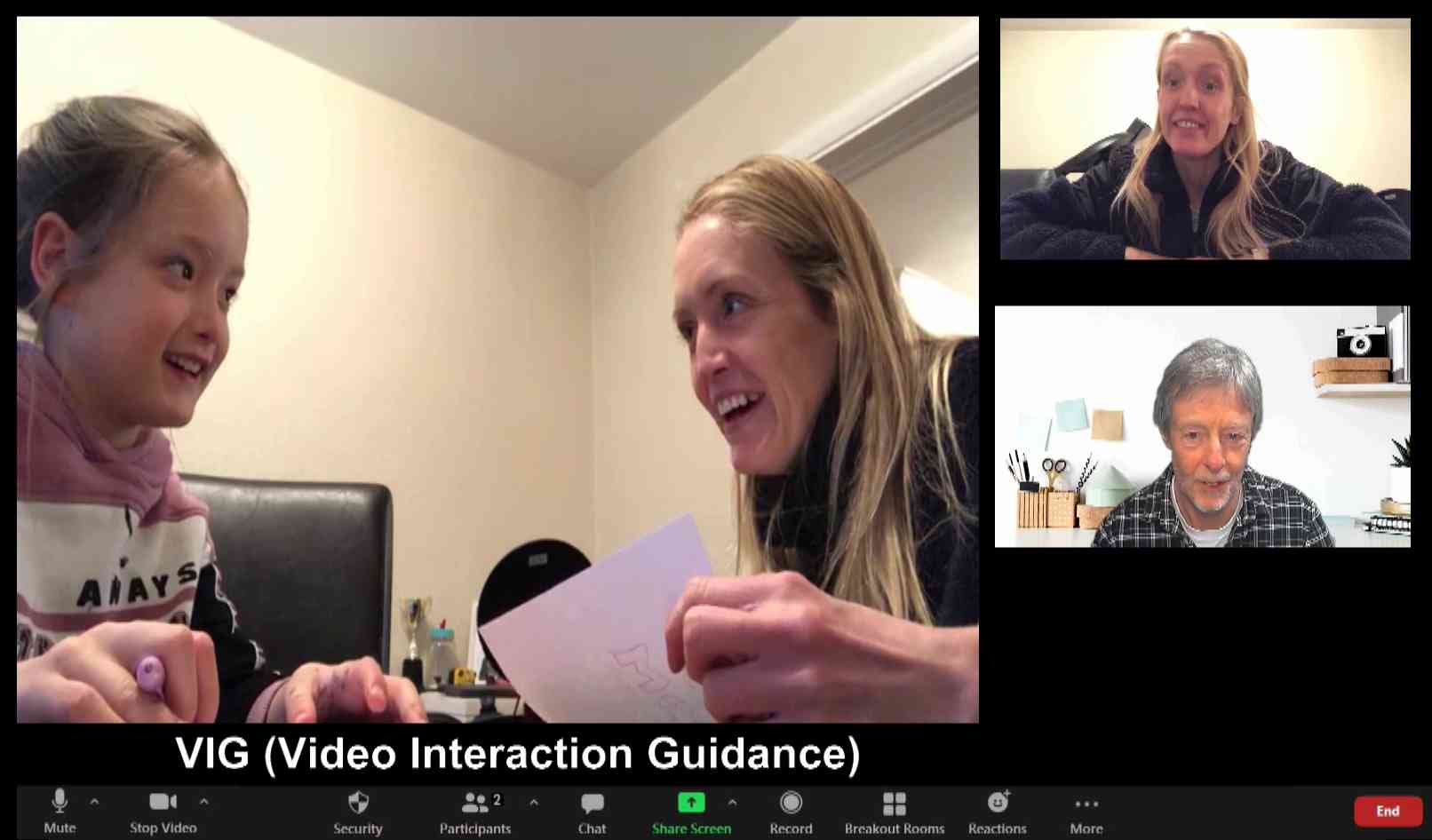About Me
 I am a highly experienced Specialist Educational Psychologist and have worked in many areas, schools and homes across Wales and the UK during my career. During this time I have trained in and used a wide range of therapeutic techniques to help make a real difference in the lives of children, families and teachers I have worked with, including:
I am a highly experienced Specialist Educational Psychologist and have worked in many areas, schools and homes across Wales and the UK during my career. During this time I have trained in and used a wide range of therapeutic techniques to help make a real difference in the lives of children, families and teachers I have worked with, including:- EMDR (Eye Movement Desensitisation and Reprocessing) that enables people to heal from the symptoms and emotional distress that are the result of disturbing life experiences
- VIG (Video interaction Guidance) and VERP (Video Enhanced Reflective Practice) to help parents, teachers and children become aware of and build on their attunement skills and improve their relationships and attachments
- Family Therapy
- Solution focused Brief Therapy
PROFESSIONAL QUALIFICATIONS AND TRAINING:
- EMDR Europe Accredited Practitioner
- Level 1 (CORE) EMDR Child & Adolescent Training 2024
- Attachment-informed EMDR - An Introduction 2024
- EMDR WORKS: EMDR Parts 1-4 Certificate 2020
- AVIGUK: Accredited VIG Guider
- UNIVERSITY COLLEGE LONDON: M.Sc. Ed. Psych. 1975
- CARDIFF UNIVERSITY: PGCE 1973
- CAMBRIDGE UNIVERSITY: M.A. (Cantab.) Natural Sciences 1972
PROFESSIONAL BODIES:
- HCPC registered
- AEP (Association of Educational Psychologists)
- BPS (British Psychological Society) Chartered Psychologist
OTHER:
- Enhanced DBS Certificate
Feedback from Clients
| "We enjoyed the VIG activities and the feedback sessions were essential so that I can understand. Also very interesting. Making eye contact more often. Not contradicting myself so much with my verbal and body language. Giving time to respond. Very enjoyable service for both my son and myself and useful!" | ||
| "Thank you for helping my son heal especially with his nightmares and issues with his mother. We are forever grateful" | ||
| "I came to you as a result of lots of disturbing memories from my work as a theatre nurse in a field hospital in South Sudan. The EMDR therapy worked very quickly and I could see and feel the memories becoming more and more distant and less and less distressing. I am no longer troubled by these memories and I also feel better about myself - thank you so much!" | ||
| "Thank you for all the hard work and all the help. I am very much in your debt." | ||
| "I attended a number of VIG sessions with Stuart as my daughter was not doing very well, she was depressed and lacking in confidence. Whilst initially a little sceptical about VIG, once we completed the first session the benefit of this technique became clear to me. Stuart is very easy to work with and the results have been wonderful" | ||
| "Stuart is an excellent psychologist. I was struggling with a lot of triggers before I started counselling with him. Through working with him I have managed to reduce them greatly, giving me a better quality of life. . it's the best counselling I have had, I would definitely recommend him" |
How I Work
I use a variety of web programs including Zoom and Bilateral Base. All clients need is a Tablet/Laptop or Desktop computer with speaker or headphones and a built in or external web camera and microphone, and a broadband connection.EMDR
 EMDR (Eye Movement Desensitisation and Reprocessing) therapy treats distressing memories and the symptoms related to them (including anxiety, guilt, withdrawal, self doubt, nightmares). It helps to reconnect people in a safe way to the images, self-thoughts, emotions, and sensations associated with the trauma.
This is carried out using ‘bilateral stimulation’ (following an image or sound moving from left to right) to access the natural healing powers of the brain.
EMDR (Eye Movement Desensitisation and Reprocessing) therapy treats distressing memories and the symptoms related to them (including anxiety, guilt, withdrawal, self doubt, nightmares). It helps to reconnect people in a safe way to the images, self-thoughts, emotions, and sensations associated with the trauma.
This is carried out using ‘bilateral stimulation’ (following an image or sound moving from left to right) to access the natural healing powers of the brain.
VIG
 Video Interaction Guidance uses video clips of real life situations to enhance communication within relationships. It works by actively engaging clients to develop better relationships with those who are important to them.
I offer a FREE no obligation initial consultation via telephone or on line where I will listen to your concerns and discuss with you how I can best help you, and how sessions would work.
Video Interaction Guidance uses video clips of real life situations to enhance communication within relationships. It works by actively engaging clients to develop better relationships with those who are important to them.
I offer a FREE no obligation initial consultation via telephone or on line where I will listen to your concerns and discuss with you how I can best help you, and how sessions would work.
If you are happy with this we can then book some therapy sessions. Therapy sessions will normally last an hour and the standard rate for a session is £45. I believe that mental health care should be accessible to everyone, so if financial difficulties are a concern, please let me know so we can try to find a solution that works for you. Payment is by STRIPE credit card payment service or BACS
You can always choose to cancel or reschedule therapy sessions but I do need at least 48 hours notice.
To find out more or arrange your FREE initial consultation please use the Contact and Bookings form below.
Contact and Bookings



